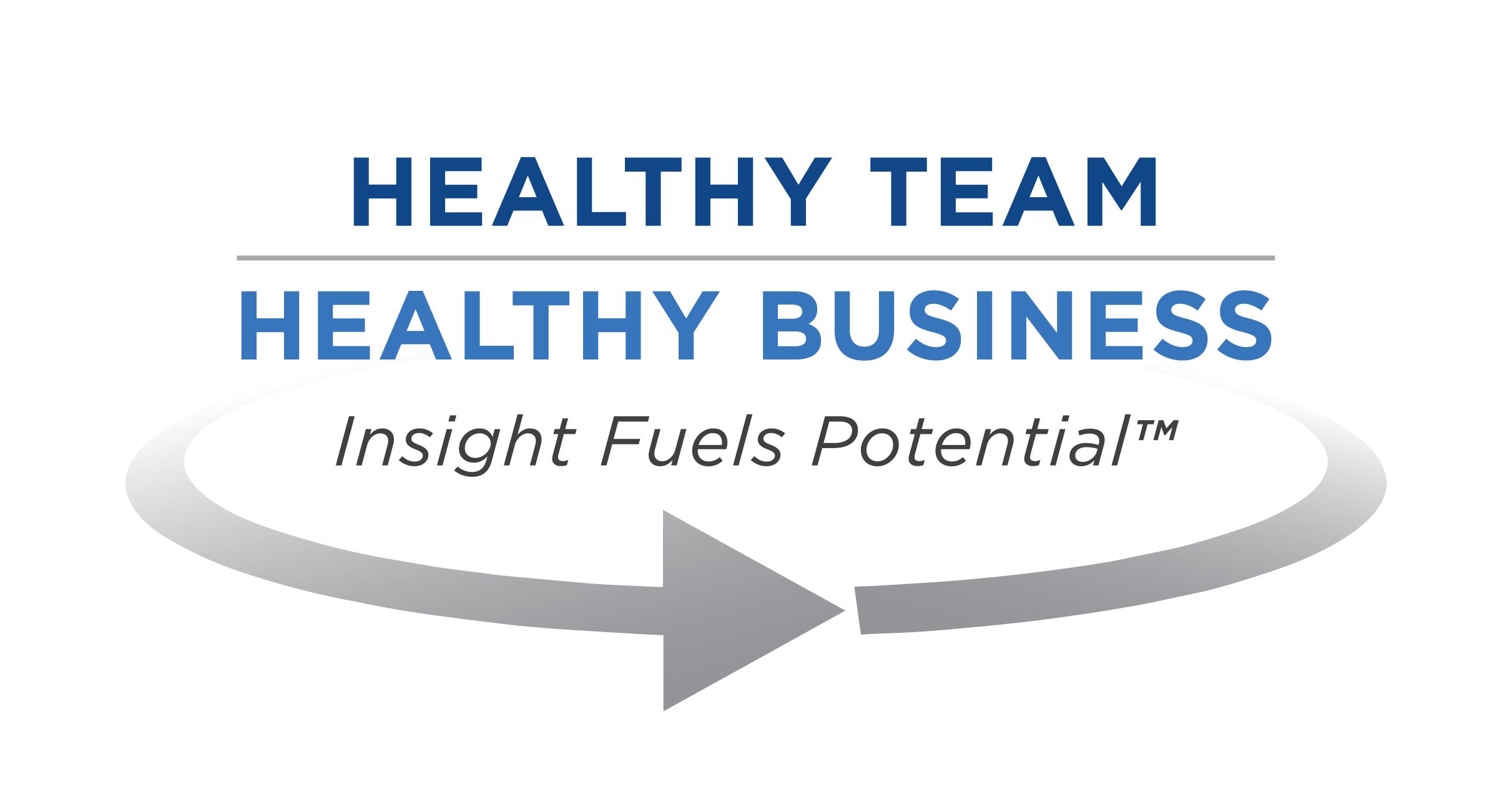The healthcare industry is evolving with the exponential increase in the exploration of artificial intelligence (AI). There’s a lot that’s driving demand for AI in healthcare, from the explosion of data and cognitive overload to never-ending documentation and even physician burnout. These implications go far beyond technology, points out the Everest Group, with the majority of AI decisions impacting everything from customer experience to cost to business processes.
While there are certainly huge cost impacts (think: reduced need for customer care executives and reduced cost of population health management) as well as significant business impacts (think: increased healthcare savings and enhanced patient experience), the operational impact is perhaps the most vital because it personalizes patient care. To that end, physicians can make more accurate diagnoses and more efficiently engage with patients on a daily basis.
This is where today’s blog will focus: preventing physician burnout in the healthcare industry with the help of AI. So much is said about the cost and business advantages of AI. But what about the “softer” side of this? What about reducing burnout rates so that today’s doctors and other healthcare providers can do thorough, meaningful jobs consistently across the span of their working life?
Can AI Help Prevent Physician Burnout?
The answer is yes, it can help prevent burnout or at least significantly reduce it. But how? Experts in AI (a type of machine learning whereby computers can be trained to recognize patterns in large amounts of data) are optimistic that AI will play a vital role in the reduction of physicians’ burdens, saving them both energy and time, says Medical Economics.
A big part of a doctor’s workload involves repetitive, tedious tasks as part of diagnostics and analysis of patient data. In addition to increasingly demanding administrative, HR and regulatory burdens, it’s certainly no surprise that doctors and other healthcare providers are burning out in record numbers. After all, we live in a time where there’s a lot more data generated than a physician can be expected to fully analyze.
This is where AI can provide a solution. Studies have revealed that AI may help physicians reduce the time they spend in front of a computer inputting and making sense of data. AI can capture the data automatically, analyze it in a meaningful way, provide content, and ensure the right data is placed in the right field.
Another example of how AI helps physicians is in the case of patients with type one diabetes. There are special pens available now that have the ability to measure glucose values by the minute. Because not every physician has the time or ability to interpret such vast amounts of data, AI helps with the interpretation, instantly knowing if a patient is stable or unstable.
AI improves workflow for radiologists, as another example. Before the dawn of AI, a radiologist had to thumb through a book full of hundreds of images and manually locate the best match, in order to properly interpret an x-ray. Now, AI can automatically detect the best match, eliminating the tedious task of finding an exact image among hundreds. The rate of error is drastically reduced as well.
The two top triggers for physician burnout are related to “hunt and search” tasks as well as the documentation process. AI will ensure physicians have to do a lot less searching, describing and measuring and a lot more analyzing, synthesizing, evaluating and planning. Thus, AI makes their work more rewarding and less draining.
AI can also help save lives. Revolutionary AI systems can predict whether liver cancer patients will require chemotherapy or surgery, for example.
Of course, AI can’t fix everything. We must not forget that us humans need to have a good diet, regular exercise, and sometimes balancing natural remedies for some of our ailments.
How Else Will AI Impact Healthcare?
There are many ways in which AI will shake up the healthcare industry. AI-driven applications will help to:
• Reduce barriers to access for mental and behavioral healthcare, as a new approach is required to connect patients with services.
• Streamline workflows with voice-first technology.
• Revolutionize acute stroke care.
• Unlock siloes of health data and support broader access to health information.
• Assist with real-time monitoring of brain health.
• Augment diagnostics and decision-making.
• Predict the risk of suicide and self-harm.
• Bring earlier detection and more accurate assessment of complex radiology images.
• Identify individuals at high risk of domestic violence.
A reduction in administrative burdens for providers is the main benefit of AI that will only get better and more efficient with time. There is no doubt that the role of the physician will change in the future, points out Forbes. Fortunately for doctors, however, computers with AI and machine learning capabilities have yet to show the kind of empathy and compassion that so many of their patients rely on as part of their medical care, says Coruzant Technologies.


